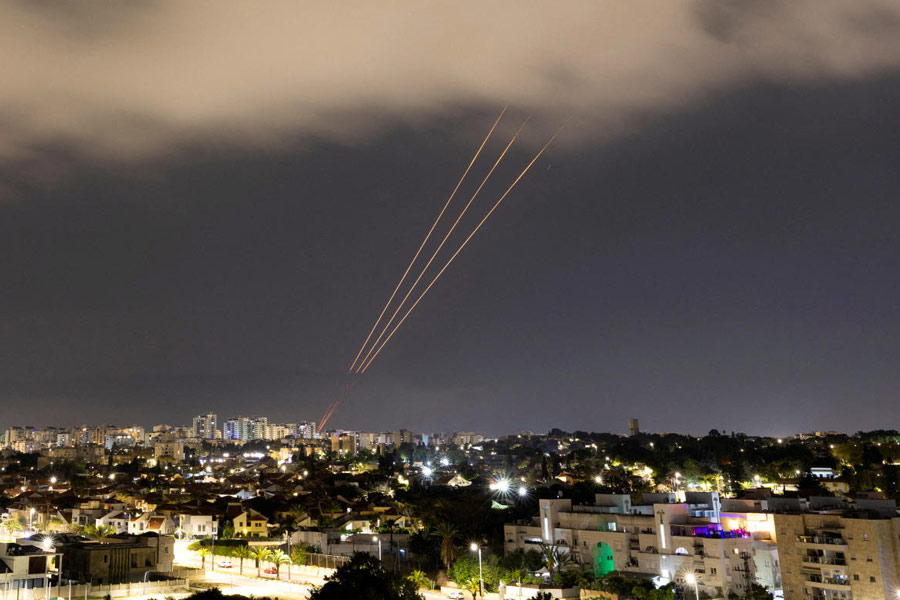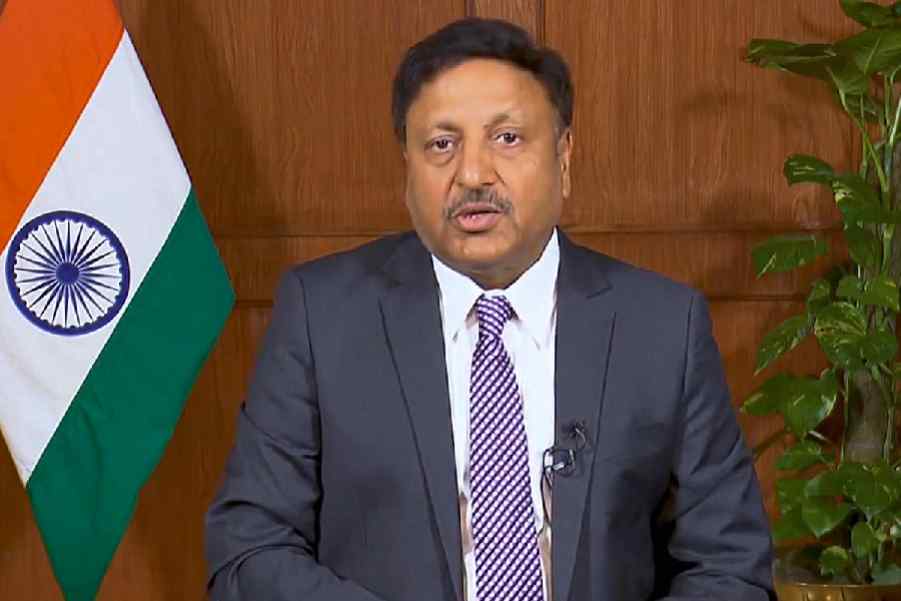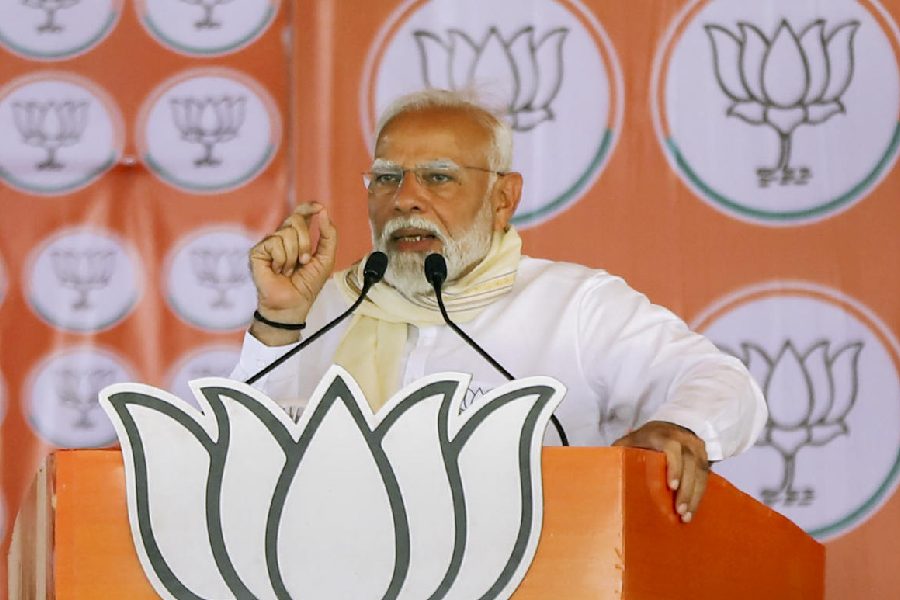Manipuris have had several reasons to take umbrage. Contrary to their expectations, the anti-incumbency factor played truant during the elections. The Congress retained power and Okram Ibobi Singh was sworn in for a second consecutive term earlier this month. That put paid to hopes of a repeal of the Armed Forces (Special Powers) Act, although the issue had been a pivotal point on which the assembly poll campaign revolved.
Then came the news that Irom Sharmila, who has been on a hunger strike against the AFSPA since November 2000, was back in custody in Imphal. She had been smuggled out to Delhi in October last year to draw national, if not global, attention to her campaign. In December 2006, the prime minister said that the law would be made more “humane”, but Sharmila rejected the offer and continued her fast.
Yet, last weekend, when the United Nations Committee on the Elimination of Racial Discrimination advocated that the ‘draconian’ legislation of 1958 be replaced with “a more humane act”, there was jubilation over this “moral victory.” The credence given to the opinions of foreign agencies, including toothless ones under the UN, possibly stems from the fact that those who spearhead these campaigns do little to alleviate the sense of alienation induced in the residents of the North-east by a nonchalant Centre.
In its “Request for adoption of a decision under the urgent action/early warning procedure in connection with violation of indigenous peoples’ rights in Northeast India”, the United NGOs Mission, Manipur, cited “systematic and pervasive racial discrimination against the indigenous peoples” of the region. It alleged that the AFSPA had led to “gross violations of indigenous peoples’ basic human rights…while the perpetrators enjoy de jure impunity.” The CERD met in Geneva last month and deliberated on this plea, sent in October, around the same time that Sharmila escaped to Delhi.
Cycle of violence
Given the academic structure of the petition to the UN body, it is evident that the activists are conversant with procedural formalities of organizations like Amnesty International and the relevant wings of the UN. What is surprising is that the NGOs hoped that these agencies would actually coerce Delhi into complying with the demand for a repeal.
They did, of course, have the grace to point out that it is not only the Indian armed forces that are at fault. “We wish to emphasize that this (focus on the ‘acts and omissions of India’) in no way minimizes the role and responsibility of the armed opposition groups in the Northeast for the longstanding violence that has dominated the region’s daily life for generations. These groups contribute to the cycle of violence and human rights abuses,” said the ‘request’ to CERD.
This recognition of multiple actors in the theatre of violence makes the demand for a repeal of the AFSPA redundant. If militant outfits take the law into their own hands in the name of ‘moral policing’, how can the security of the citizens be guaranteed? In Manipur itself, there are many recent instances of youths being ‘executed’ by insurgents for alleged drug abuse, or officials and politicians being shot for ‘corruption’.
Would it not be more practical to coordinate effectively and create a connecting space with the security forces than constantly projecting them as perpetrators of crimes? A key strategy would be to implement the concept of ‘just peace’, which, in conflict-resolution parlance, implies that peace without justice cannot be sustained. Instead of running to global agencies that are alien to the local context, it is time we honed our relational skills for troubleshooting in order to put an end to this endless cycle of victimijzation.










